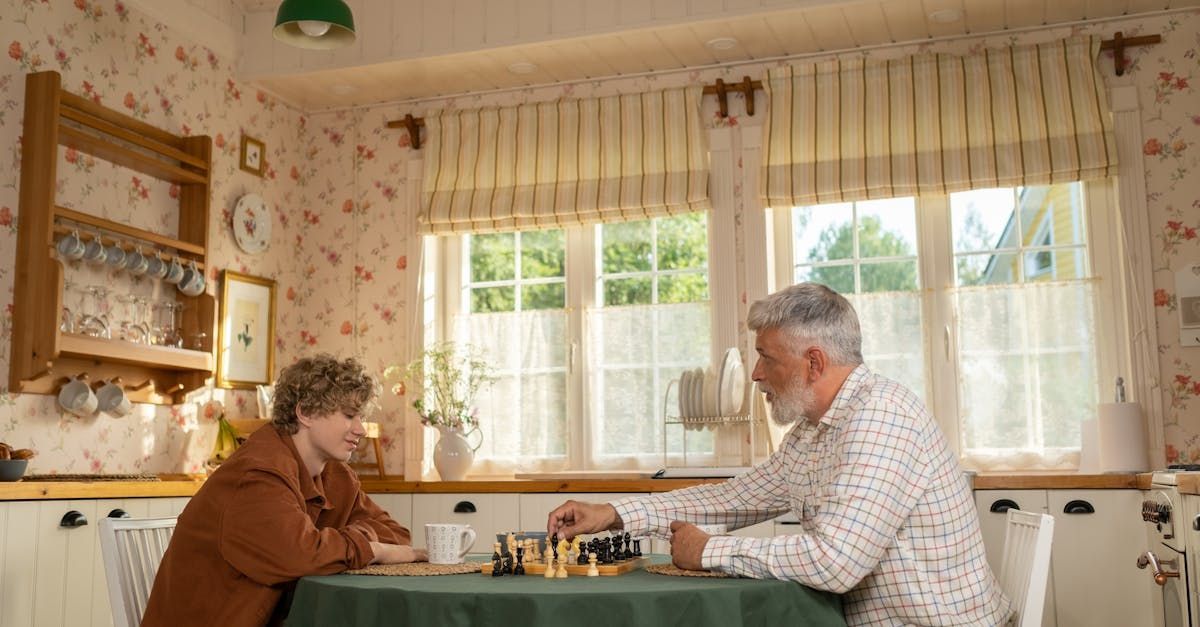Why End-of-Life Planning Matters
End-of-Life Planning: An Act of Love and Care
We often avoid thinking about endings. Discussing them? That tends to get pushed far down the priority list. Yet, when it comes to end-of-life planning, delaying the conversation can unintentionally create stress for the people you love most.
Let's change that narrative. End-of-life planning isn't just about paperwork—it's a profound act of love and foresight. It's about so much more:
Provide Peace Through Clarity
Imagine your loved ones facing difficult medical decisions or navigating complex financial matters—all while grieving. A well-thought-out plan eliminates guesswork, allowing them to honor your wishes without added stress.
Take Action:
- List Your Wishes: Write down your preferences for medical care, asset distribution, and funeral arrangements.
- Inform Loved Ones: Make sure your family knows where to find important documents.
Craft Your Unique Legacy
Do you have a charity close to your heart? Are there cherished belongings you'd like to pass on to specific people? End-of-life planning lets you shape the legacy you leave behind.
Take Action:
- Specify Beneficiaries: Clearly state who should receive your assets and personal items.
- Consider Charitable Contributions: Include any organizations you wish to support.
Prevent Family Conflict
Guessing your intentions can lead to tension, even in the closest families. By documenting your wishes, you help prevent disputes and keep relationships strong.
Take Action:
- Create Legal Documents: Use wills and trusts to formalize your plans.
- Communicate Openly: Discuss your decisions with family members to ensure understanding.
Ensure Your Voice is Heard
Unexpected events like serious illness or accidents can make it impossible to communicate your medical care preferences. Advance directives ensure your wishes are known and respected.
Take Action:
- Establish Advance Directives: Set up a living will and appoint a healthcare proxy.
- Review Regularly: Update your directives as your preferences or circumstances change.
Achieve Peace of Mind Now
Addressing end-of-life planning brings a sense of relief. Knowing you've done everything possible to protect yourself and your loved ones is invaluable.
End-of-Life Planning Checklist
Start your planning journey with these essential steps:
- Gather Important Personal Documents
- Draft or Update Your Will
- Set Up Advance Healthcare Directives
- Designate a Durable Power of Attorney
- Organize Financial Accounts and Passwords
- Communicate Your Plans to Loved Ones
- Store Everything Securely and Share Access Information
FAQs
Q: Is it expensive to create an end-of-life plan?
A: While there can be costs associated with legal fees, many resources are available for free or at a low cost. Investing in professional advice can save money and stress in the long run.
Q: What happens if I don't have a will?
A: Without a will, state laws determine how your assets are distributed, which may not align with your wishes.
We'd Love to Hear from You
What questions or concerns do you have about end-of-life planning? Share your thoughts in the comments below. Your experiences could help others navigating the same journey.
Take the First Step Today
Your journey toward peace of mind begins now. We're here to support you every step of the way. Contact us for personalized guidance tailored to your needs.

